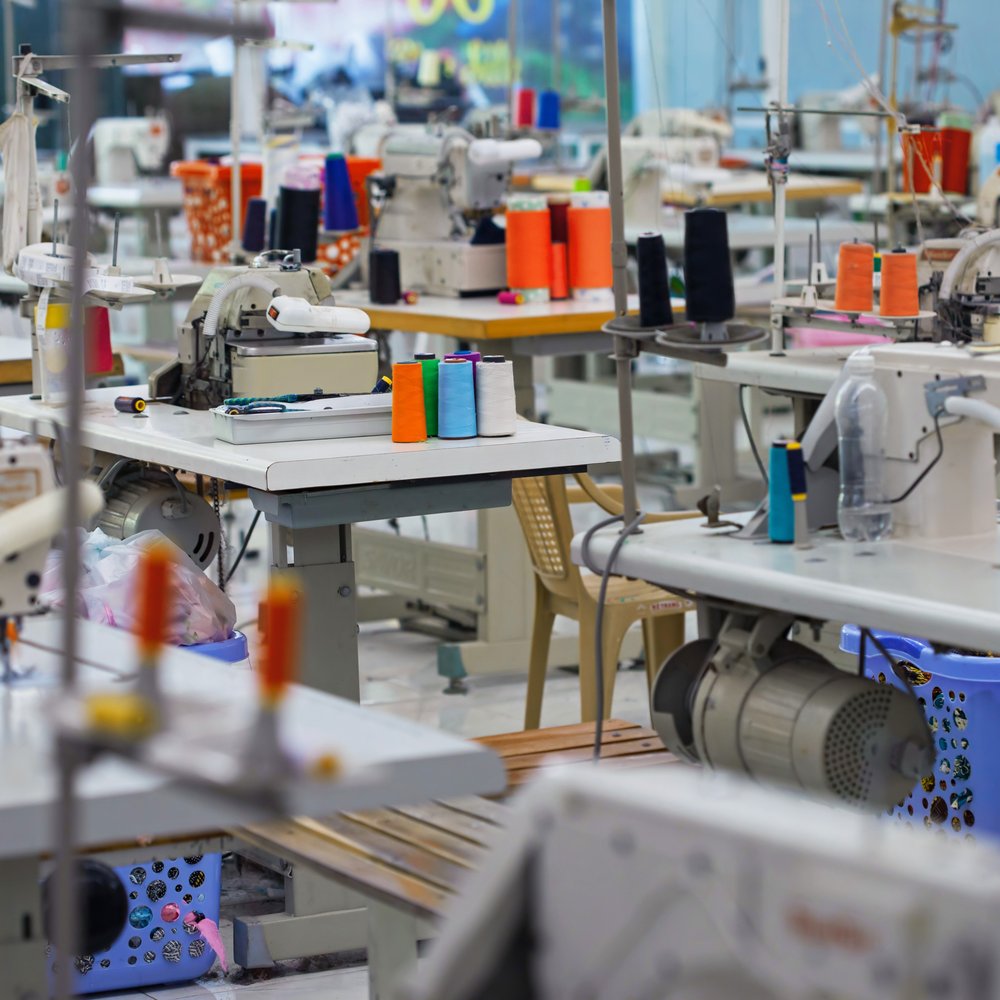Debt, wage theft and coercion drive the global garment industry – the only answer is collective action

Shutterstock (purchased)
Major fashion brands including Barbour and PVH (the owner of Calvin Klein and Tommy Hilfiger) have agreed to pay over £400,000 in compensation to migrant workers in Mauritius. These workers from Bangladesh, India, China and Madagascar had been forced to pay illegal recruitment fees and, alongside other indicators of forced labour, were allegedly subject to deception and intimidation.
These are the findings from an investigation carried out between 2022 and 2023 by Transparentem, a US-based organisation that investigates workers’ rights.
Migrant workers across several Mauritian factories reported agreeing to pay fees ranging from a few hundred to several thousand US dollars to secure a good job. But, upon arrival, they discovered the job was poorly paid and expenses were higher than promised.
Exploitative practices like this are actually quite common ....
[...]
Third-party labour contractors are also prevalent in many global supply chains. Contractors recruit and supply local or international migrant labour, and garment factories rely on them to manage and control their workforce.
[...]
In India, there is evidence that [a] debt-based system is spreading to garment factories. In Bengaluru, for instance, women in garment factories work under constant debt to their employer. Missed daily targets, lost productivity or time off are turned into debt that workers must compensate through future labour.
[...]
... even workers that we would consider to be “free” – those who are not tied to an employer or labour contractor – can experience harsh forms of exploitation.
[...]
Cases like the labour abuse in Mauritius are conspicuous and show new connections between modern slavery and migration. But these cases are enabled by centuries of colonial and neo-colonial organisation of production that has involved unacceptable forms of worker exploitation.
[...]
In light of yet another sweatshop scandal, let us remember that upholding the freedom of association (the right to form and join trade unions) stands as the most effective means of fighting all forms of labour unfreedom – from Mauritius to India or Bangladesh.